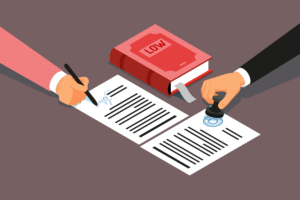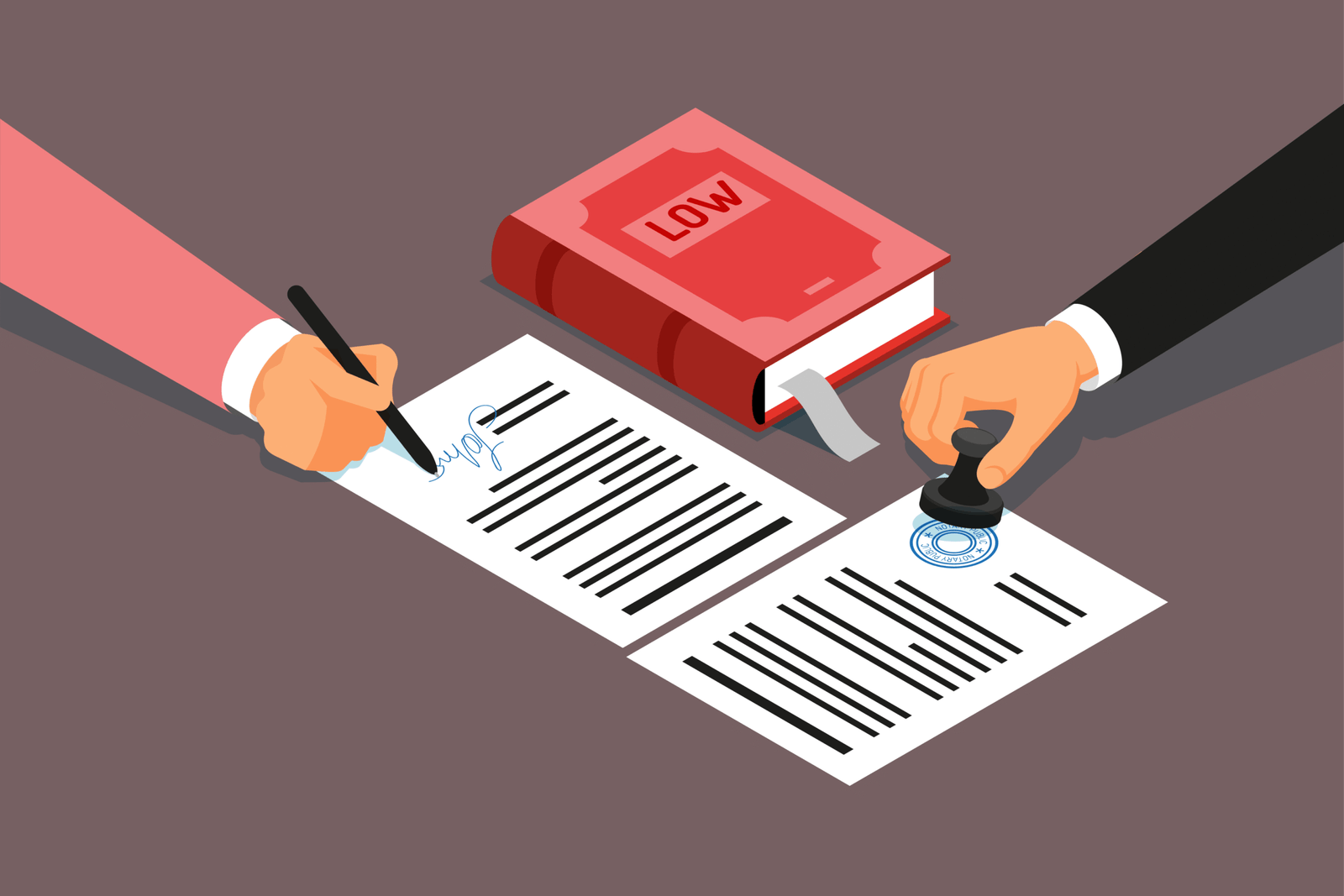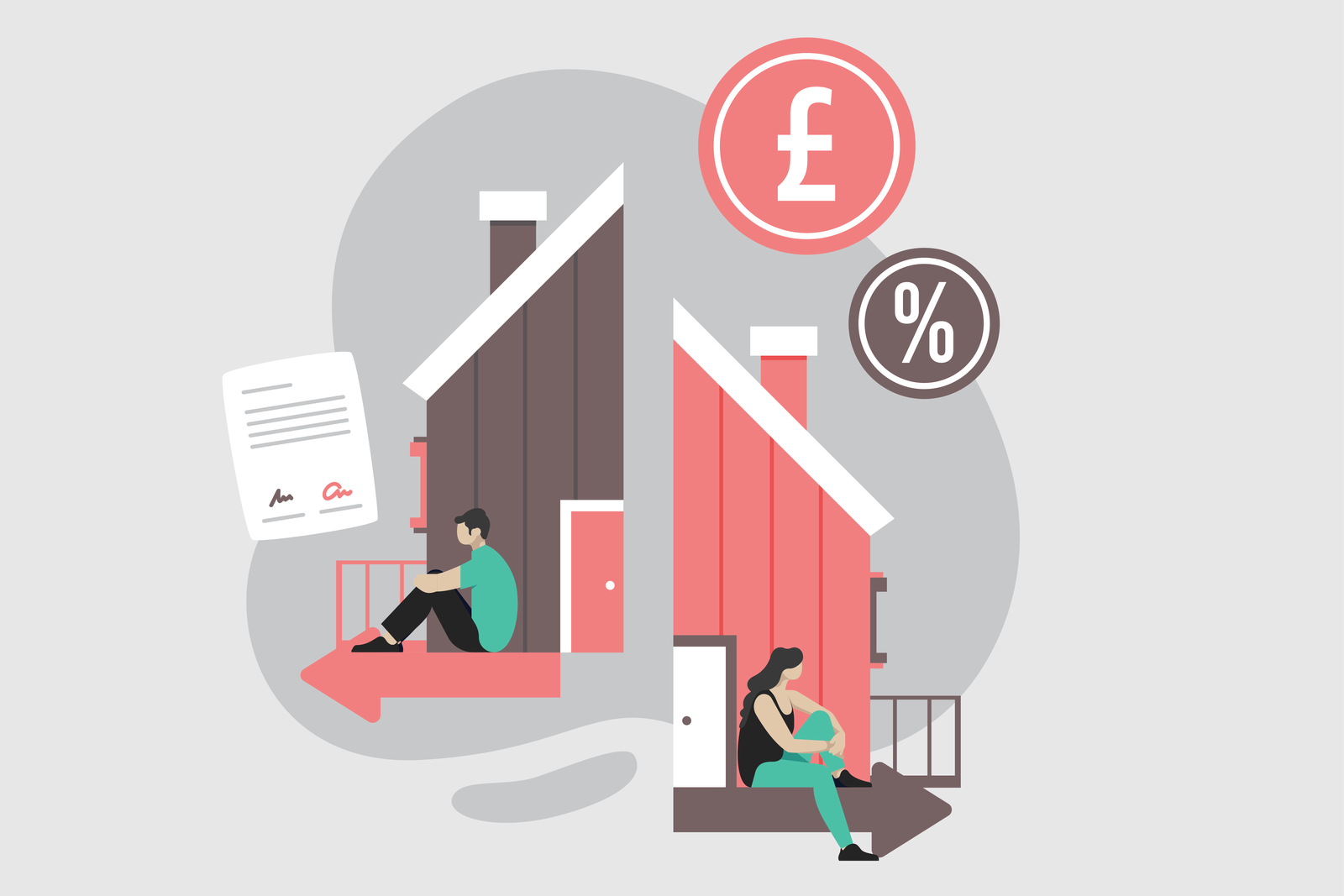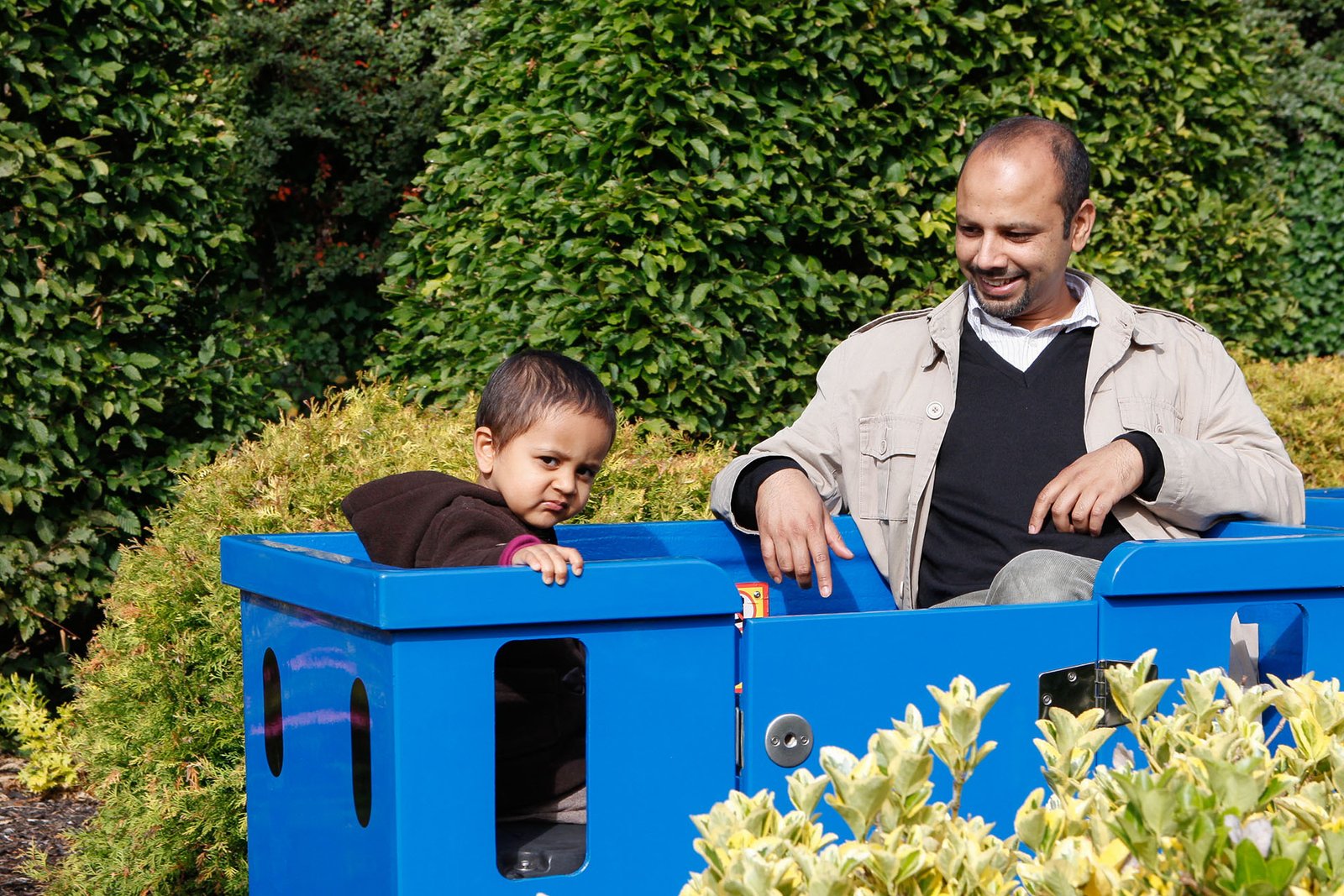Have you ever wondered at what age a child can decide which parent to live with in case of separation? Typically, older children are asked for their preferences. However, it doesn’t mean younger children cannot have firm opinions on the matter. Let’s study the Children Act 1989 and the child’s voice to learn more about this matter.
The legal age for a child to decide which parent they want to live with
In the legal world, there is no fixed age to determine when a child can voice their preference regarding where they want to live. However, they cannot legally decide who they want to live with until they are 16 years of age. Once they reach that age, they can choose which parent to live with. The exception to this rule is a Court Order that mandates them to live with one parent until they are 17 or 18.
If you and your ex can agree on where the child will live, you can avoid costly and exhaustive court battles. But if you cannot do that and have applied for custody, the judge will take your child’s opinion into account as long as the court deems them to be at an age where they understand the situation, which is typically when they turn 12 or 13. However, the age bracket can vary from child to child. The court might also consider a child’s wishes under 12 but will give less weight to them.
The Child’s Welfare Checklist
In family law, the significant consideration is to come to a decision that serves the child’s best interest. It’s why the court and other involved professionals must refer to the following criteria of the welfare checklist in Section 1(3) Children Act 1989:
- The discoverable wishes and feelings of the child
- The child’s educational, physical, and emotional needs
- How the court’s decision and impending lifestyle changes will affect the child
- The child’s age, sex, background, and anything else that might be relevant
- Any harm the child has already suffered or is at risk of suffering
- The capability of the parents or guardians meeting the child’s needs
- The court’s powers in the given proceedings
CAFCASS’s significant role
Children are not expected to go to court or speak to the lawyer or judge in these cases. It’s why the court obtains a report from the Family Court Advisory and Support Services (CAFCASS) that deems whether it’s appropriate to speak to the child or children of a broken family. They ensure to approach the topic with the utmost care and age-appropriate way. They will ask the child how they feel about their existing arrangement and if they would like to spend less or more time with either parent. The CAFCASS officer will keep the child’s age and responses in mind when giving their recommendation to the court.
Equal parenting rights
In cases in which the child was born after 1st December 2003, both parents were equal parental responsibilities. However, if the father is not named on the child’s birth certificate, he will not be held responsible for the child.
The responsibility can be recovered by entering a Parental Responsibility Agreement or applying to the court for a Parental Responsibility Order. Without parental responsibility, a father cannot have any say in their major life decisions, such as change of schools, child’s medical treatment and relocation, etc.
Seek family law solicitors
If you cannot reach an agreement with your ex about your child’s responsibility and whom they should live with, reach out to a reliable family law solicitor. An experienced solicitor will guide you to consider your child’s needs and how your on-going conflict could affect them.
They will encourage you to choose mediation, a process that will allow both parties to discuss child arrangements under the guidance of a specially trained mediator. It will enable them to reach a mutual decision about the primary caregiver and agree on how much time their child will spend with the non-resident parent. If mediation does not work, you can send a letter to the other party detailing the terms that suit you. If that does not work either, you will need to apply to the court for a Child Arrangement Order. The court will consider CAFCASS’s report and take the voice of the child into account. The ultimate decision it makes will be to serve the child’s best interest.
Salam Mediation will help you reach a decision about your child’s custody. We offer our expert mediation services to families to help them resolve financial, parental, and other conflicts. Our mediators provide confidential and impartial guidance to help smoothen the mediation process.
A child’s decision can change their living situation
If the court orders the child to live with one parent, but the child wants to live with the other, the parents can agree on that outside of court. However, this comes with the parent’s risk with primary care changing their mind and keeping the child with them. In such cases, an application to the court will become vital to attain a revised court order.
The bottom line
The Children Act 1989 dictates that a child can willingly and legally leave a parent’s house without permission at 16. However, the parent will be responsible for them until they turn 18. It does not specify the age at which a child can decide which parent to live with.








